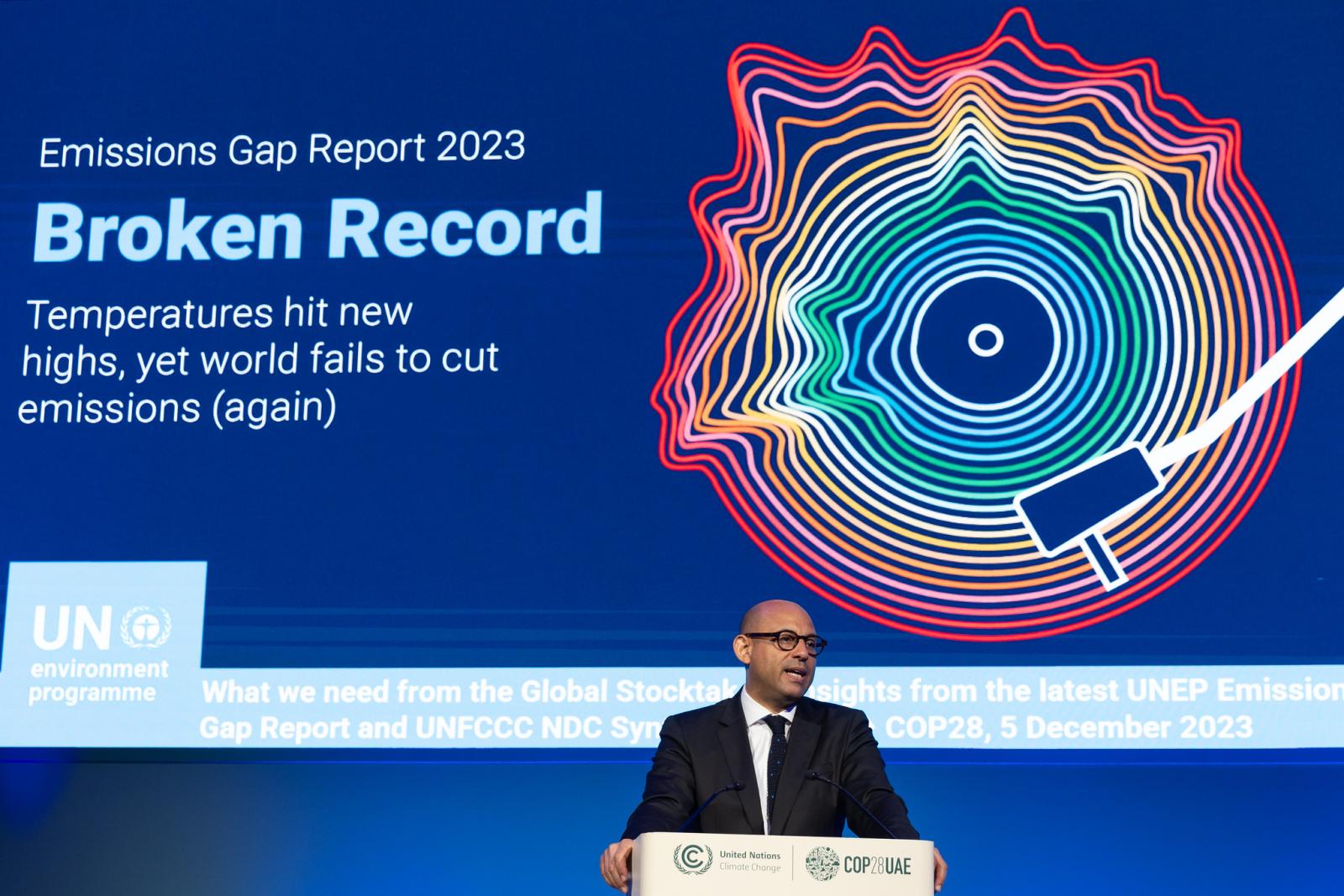Nerviano Medical Sciences (NMS), a centre at the cutting edge of pharmaceutical research in the field of oncology, is in danger of closure, leaving 650 researches unemployed. While other countries invest millions of euros in such places of excellence, Italy is on the brink of letting one of their top research institutes close. This centre is indispensable for the country and for all those affected by cancer. It is inconceivable that such a place is on the brink of closure. We must save Nerviano Medical Sciences.
One year ago, the
Congregation aquired the centre from Pfizer at which time they
announced their commitment to invest 70 million euros. Today, there
is no money and the research centre is on the brink of bankruptcy,
risking unemployment for 600 researchers. Is there
reason to be concerned? Yes, because it has been suggested that
that the new owner is more interested in the grounds, situated near
the fiera/expo areas, than medical research.
NMS is the
largest pharmaceutical centre for cancer research in Europe and among
the most advanced worldwide: At its heart lies the knowledge and
technology required for a modern, competitive approach to research
and development of new anti-cancer agents.NMS represents
the continuation of the historical research carried out by Farmitalia
Carlo Erba that included the discovery of anthracyclins, a discovery
which revolutionised the therapeutic approach to cancer.
Following the
spin-off from Pfizer in May 2004, the number of projects and clinical
studies undertaken by the centre has increased considerably.Among the most
recent results is the completion, with encouraging outcomes, of phase
I and II clinical trials of the first inhibitor of the oncogene Aurora, a protein involved in uncontrolled cell
proliferation in a vast number of tumours.
In addition, 3
new drugs are ready for entry into clinical trials (Phase I) in 2009
and more than 20 projects are currently in preclinical studies.NMS can also
boast a number of collaborations with strong innovative industrial
partners such as Genentech and Bristol Mayers Squibb (BMS).For all these
reasons the research centre in Nerviano represents a unique and
precious heritage for the Italian and global research community.
This is why we
ask you to help us find a solution to safeguard the survival of this
centre of research and development. The importance of which is not
only for the region and the country in which it resides, but above
all for those affected by cancer, for whom it represents genuine
hope.


